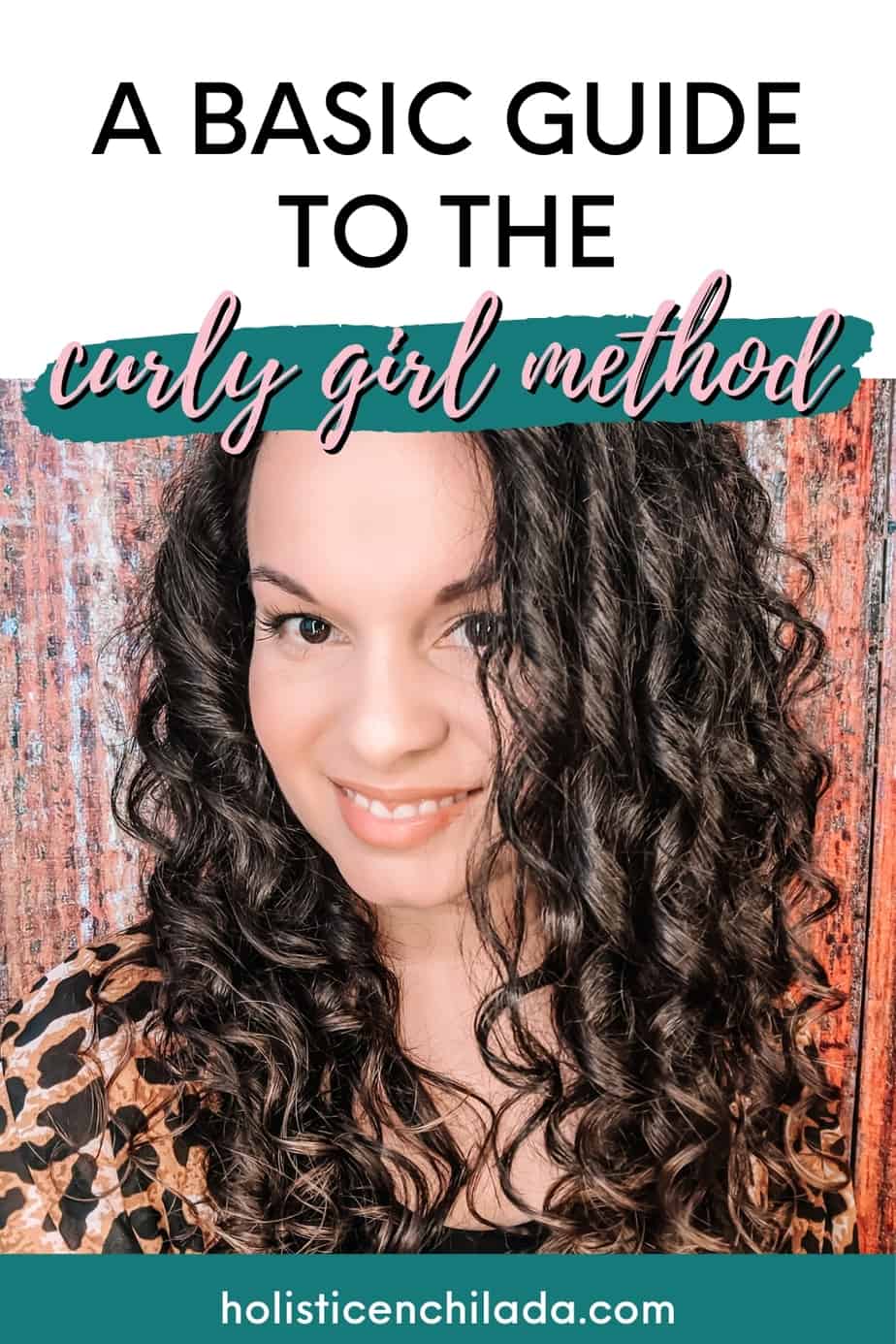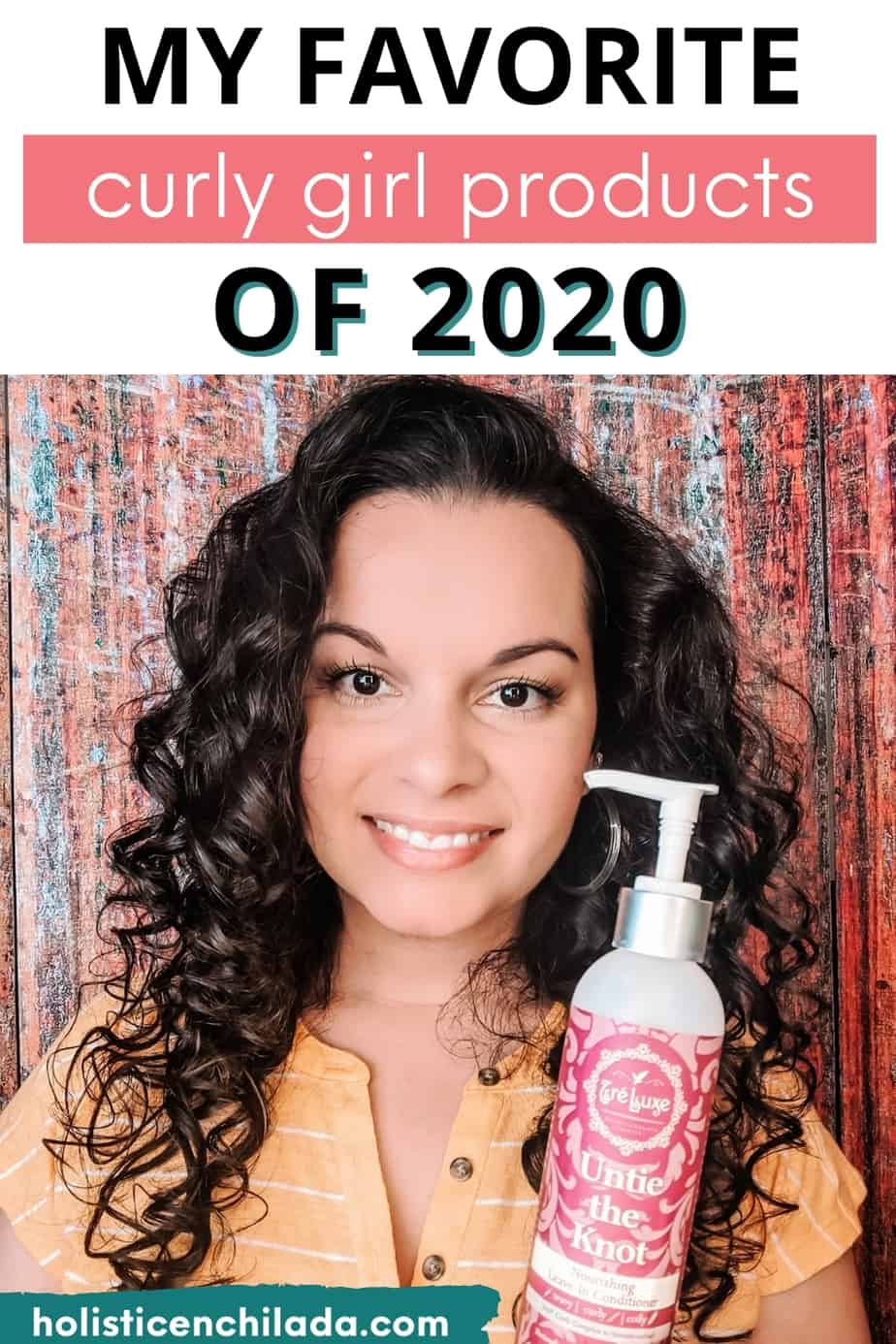Protein Treatment Curly Hair Diy
December 31, 2023
Edit

Protein Treatment for Curly Hair: DIY Tips for Natural and Relaxed Hair
What is Protein Treatment and Why is it Necessary for Curly Hair?
Protein treatment is a special treatment used primarily on curly and relaxed hair to help improve the hair's overall strength, elasticity and moisture. Protein treatments are typically recommended to help strengthen the hair shaft, promote healthy hair growth and reduce breakage, split ends and hair loss. Protein treatments are also used to help increase the vibrancy, shine and manageability of curly hair. The most common protein treatments used on curly hair are deep conditioning protein treatments, protein-infused shampoos, conditioners, masks and other styling products.
Protein treatments are necessary for curly hair because the natural oils that provide the hair with moisture and shine are not distributed evenly throughout the hair shaft. This can cause the hair to become dry, brittle and prone to breakage. Protein treatments help to fill in the gaps in the hair shaft, providing the necessary moisture and nutrients for health and strength. Protein treatments are also important for relaxed hair because the relaxers can strip the hair of its essential proteins, leaving it weak and vulnerable to breakage.
DIY Protein Treatment Recipes for Curly Hair
There are many easy and affordable DIY protein treatments that can be used on curly and relaxed hair. Here are some of the most popular recipes:
• Mayonnaise and Egg Protein Treatment: This protein treatment is made with 1/4 cup of mayonnaise and 1/2 an egg. Mix the two ingredients together, apply to the hair and let it sit for 20-30 minutes before rinsing it out. This treatment can help strengthen the hair and add shine and softness.
• Avocado and Honey Protein Treatment: This protein treatment is made with 1/2 an avocado, 1 teaspoon of honey and 1 tablespoon of olive oil. Mash the avocado, mix in the honey and olive oil and apply to the hair. Let the treatment sit for 15-20 minutes before rinsing it out. This treatment can help nourish and moisturize the hair.
• Banana and Coconut Milk Protein Treatment: This protein treatment is made with 1 banana, 1/2 cup of coconut milk and 1 tablespoon of honey. Mash the banana, mix in the coconut milk and honey and apply to the hair. Let the treatment sit for 15-20 minutes before rinsing it out. This treatment can help add shine and softness to the hair.
How to Use Protein Treatments for Curly Hair
When using protein treatments on curly and relaxed hair, it is important to follow a few simple steps for best results. First, it is important to shampoo the hair with a mild shampoo to remove any dirt and oil. After shampooing, apply the protein treatment to the hair and let it sit for the recommended amount of time. After the treatment has been rinsed out, it is important to apply a moisturizing conditioner to the hair to help lock in moisture. Finally, it is important to use a heat protectant when styling the hair to protect it from damage.
Tips for Choosing the Right Protein Treatment for Curly Hair
When choosing a protein treatment for curly and relaxed hair, it is important to find one that is specifically formulated for your hair type. Protein treatments come in different strengths, so it is important to choose one that is not too strong or too weak for your hair. It is also important to read the label and make sure that the ingredients are natural and free of harsh chemicals. Finally, it is important to do a patch test before applying the treatment to your entire head of hair.
Conclusion
Protein treatments are an essential part of any curly and relaxed hair care routine. Protein treatments help to strengthen the hair and reduce breakage, split ends and hair loss. There are many easy and affordable DIY protein treatments that can be used for curly hair. When using protein treatments, it is important to use a mild shampoo, apply the treatment, use a moisturizing conditioner, and use a heat protectant when styling. Choosing the right protein treatment is also important, so it is important to read the label and do a patch test before using it on the entire head of hair.
Pin on H

Your hair needs protein just as much as it needs moisture so if you

Homemade gelatin protein treatment for damaged curly hair

DIY Natural Hair Protein Treatment | Strength, Moisture, Growth - YouTube

Protein Treatment for Natural Hair (4c Hair) DIY - YouTube

protein-treatments-for-curly-hair-1 - The Holistic Enchilada - Curly

Best 25 Diy Treatment for Damaged Hair - Home DIY Projects Inspiration

Protein Treatment For Natural Hair Diy - HAIRCROT

19 Best Protein Treatments for Natural Hair via CurlyConnection.com #

protein-treatments-for-curly-hair-3 - The Holistic Enchilada - Curly
